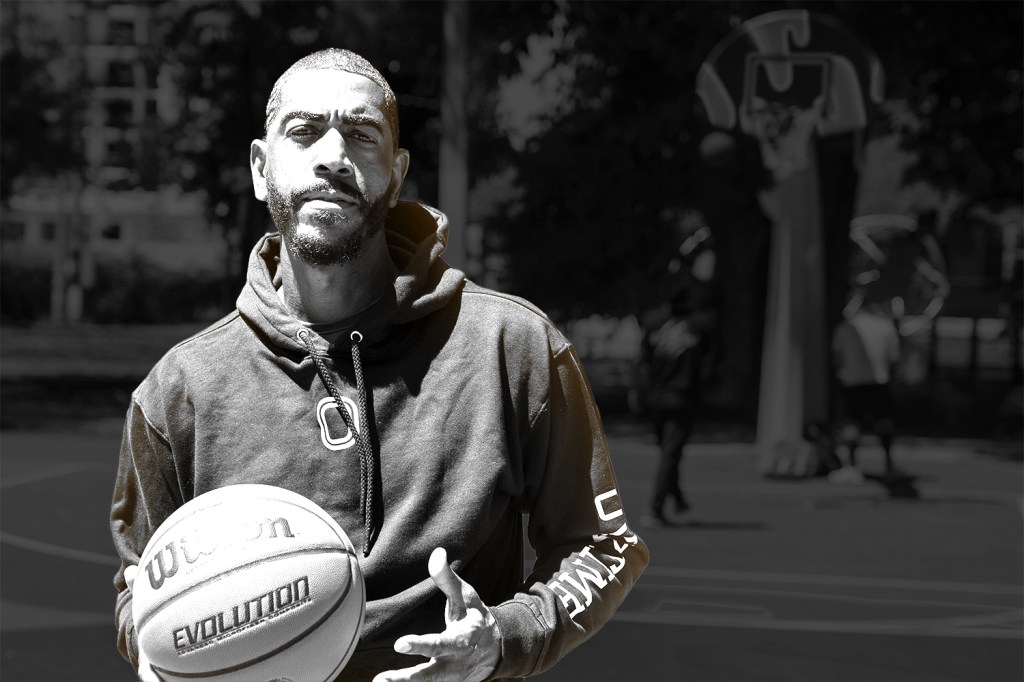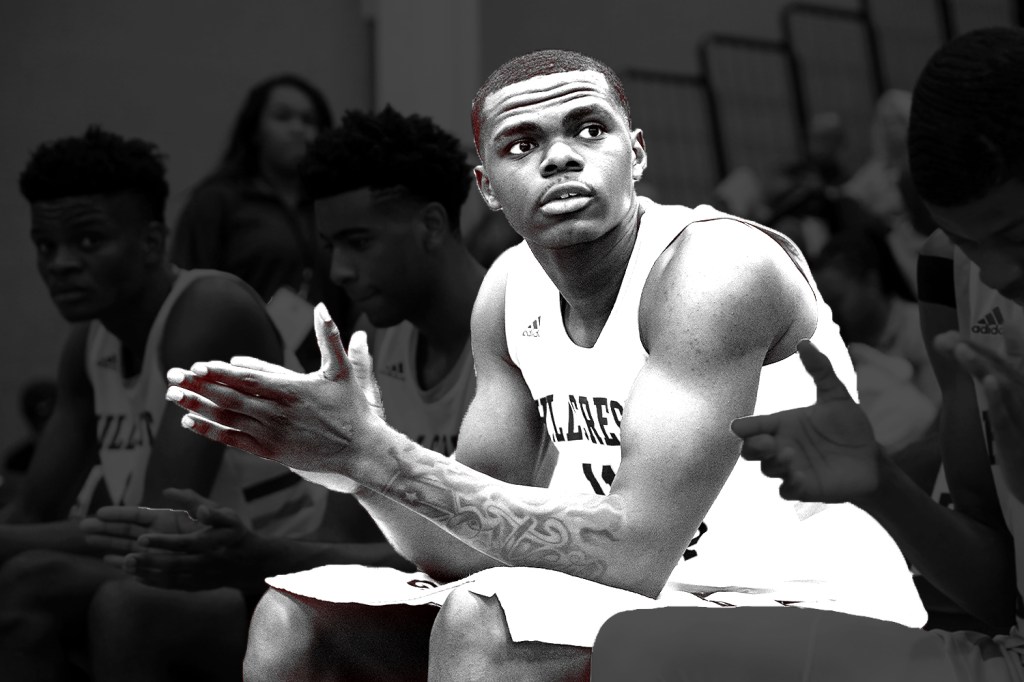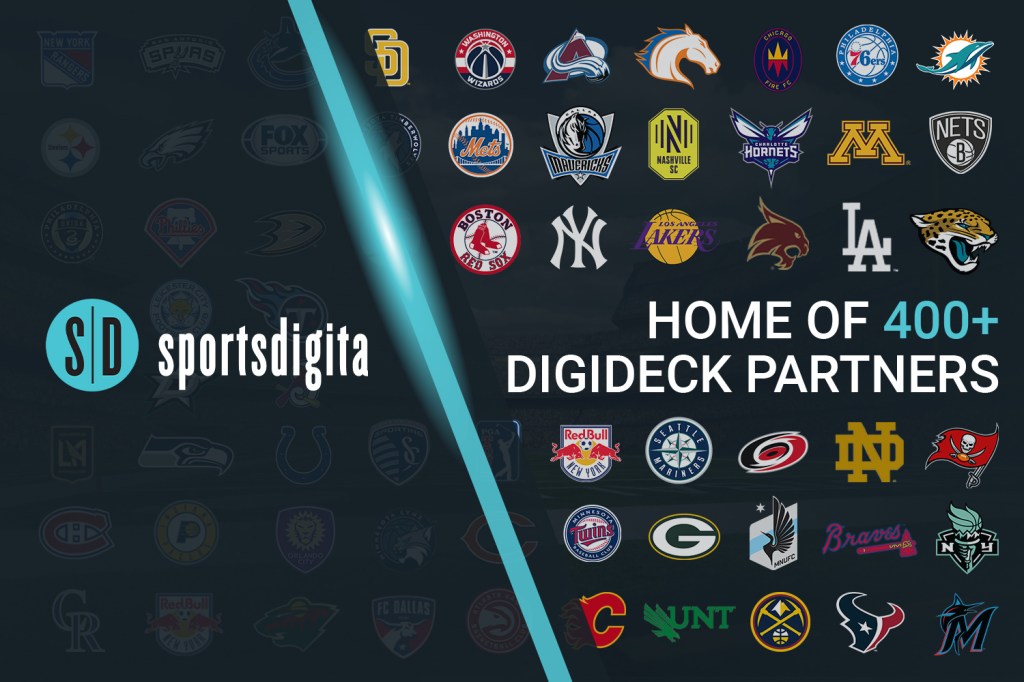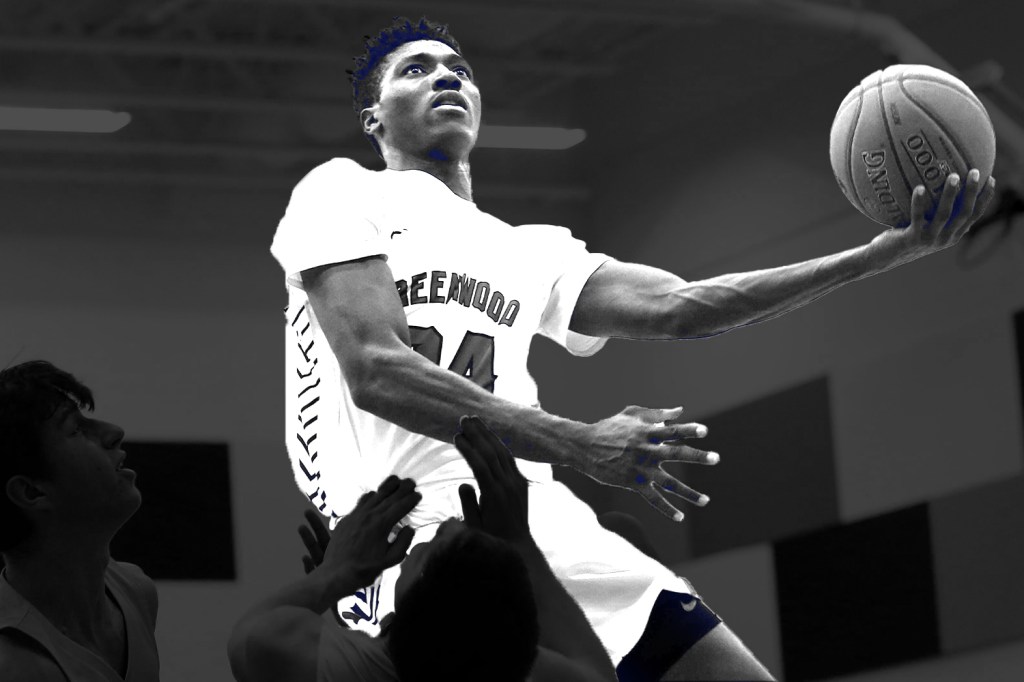Overtime, a media company that churns out content about grassroots and high school basketball, has proven there’s a massive audience for the sport.
With millions of Instagram followers, it recently raised $80 million and boasts flashy investors like Kevin Durant, Drake, and Jeff Bezos.
This September, the company will use that muscle to launch a professional men’s high school basketball league called Overtime Elite.
The Setup
The league, which will host about 30 players aged 16-18, aims to prepare the most talented high school players for the NBA Draft. The league will be based in a single yet-to-be-determined city, and will feature teams with rotating rosters. They’ll play against each other and in international competitions.
Athletes won’t be eligible for the NCAA if they play in OTE. But they’ll see economic opportunities unheard of for high school athletes: For starters, they’ll make yearly base salaries of $100,000 and get shares in Overtime.
They’ll retain the ability to profit from their name, image, and likeness. And they’ll receive scholarship money to pursue a college degree if the whole pro thing doesn’t work out.
Players will also take classes covering everything from financial literacy to social justice.
The Distribution
Overtime plans to stream the games on their platforms rather than look for a traditional media deal.
Co-founder and President Zack Weiner told FOS there’s financial “potential” in selling their media rights, but said, “We feel really good about the distribution that we have.”
He also feels good about the fact that they already have an audience of millions. “We’ve created a lot of the recipe,” Weiner said.





